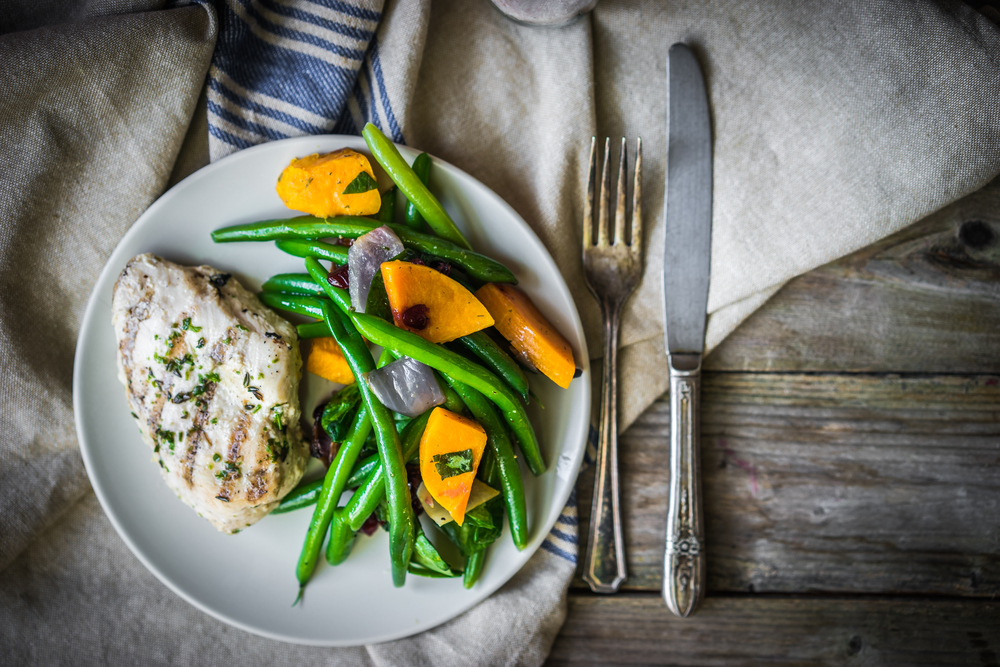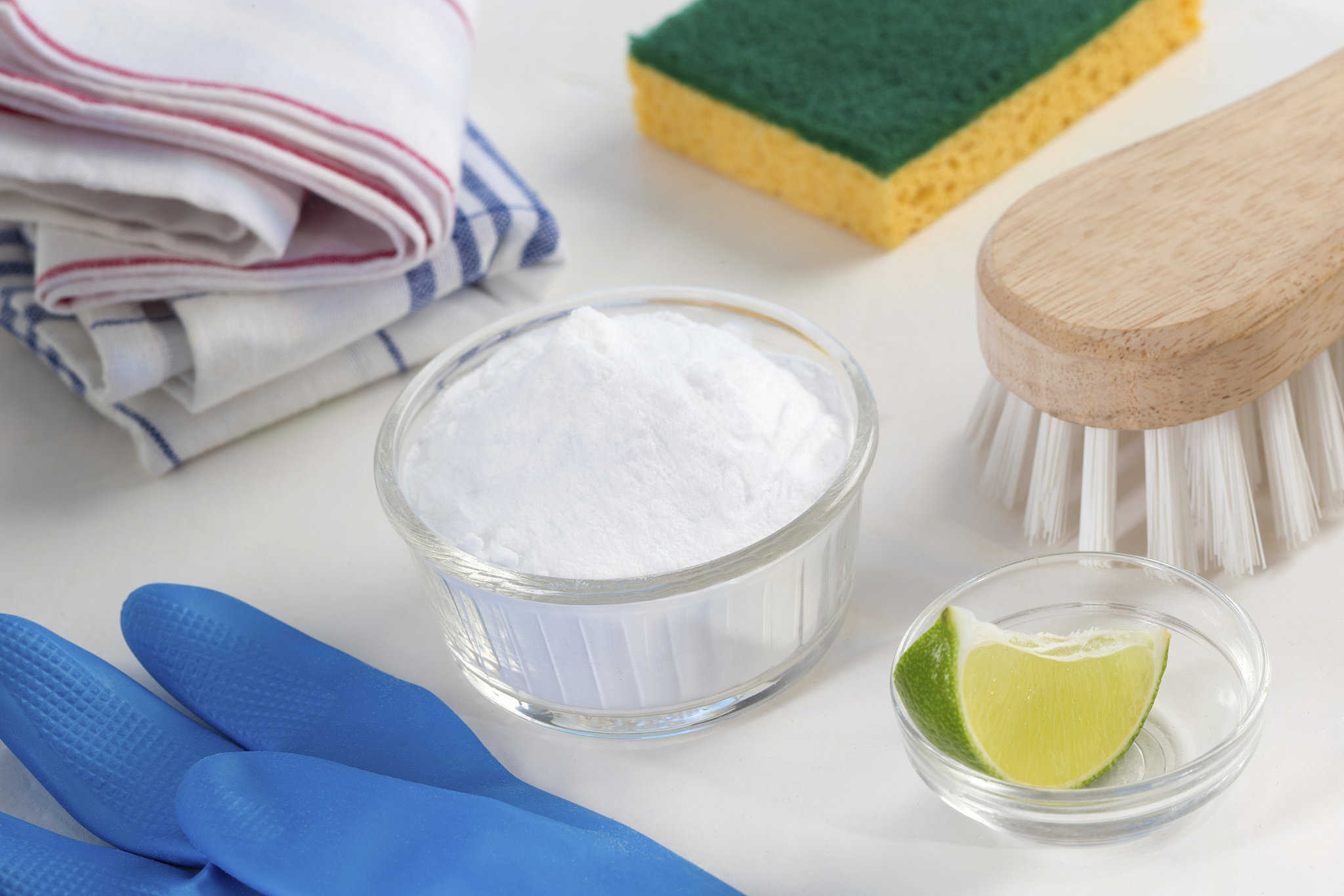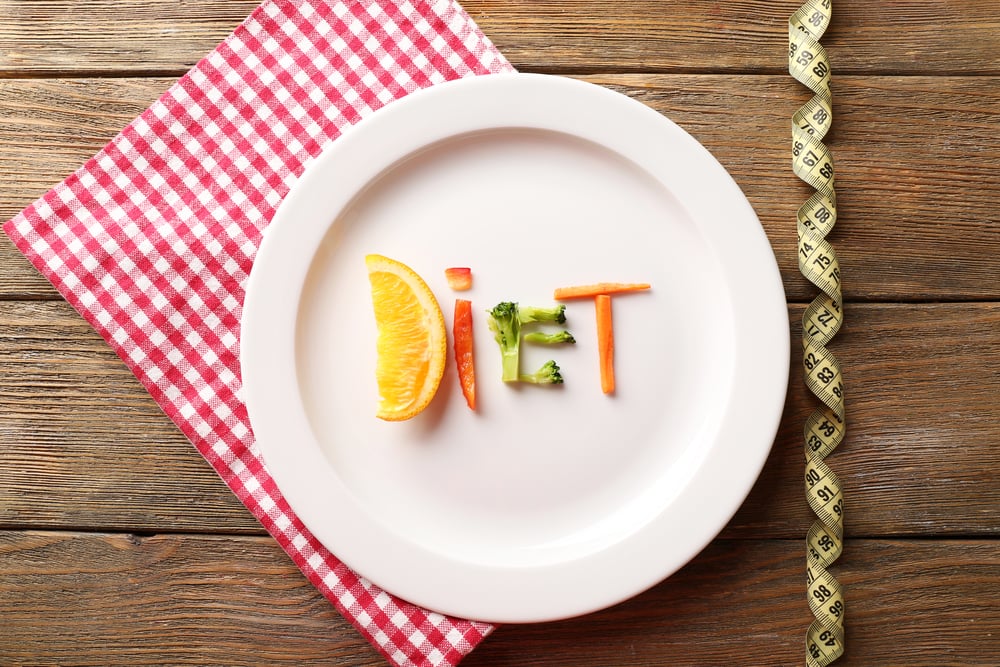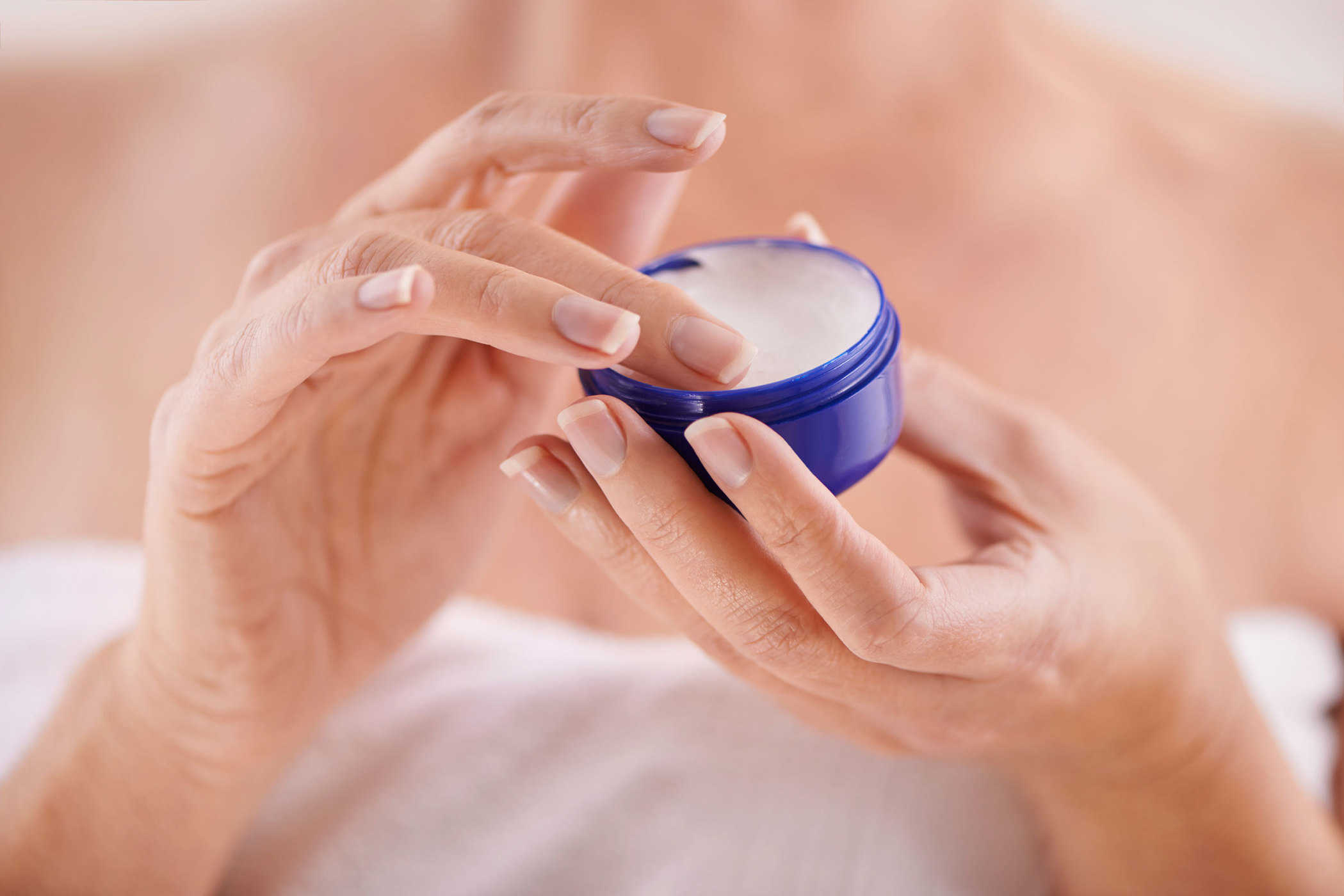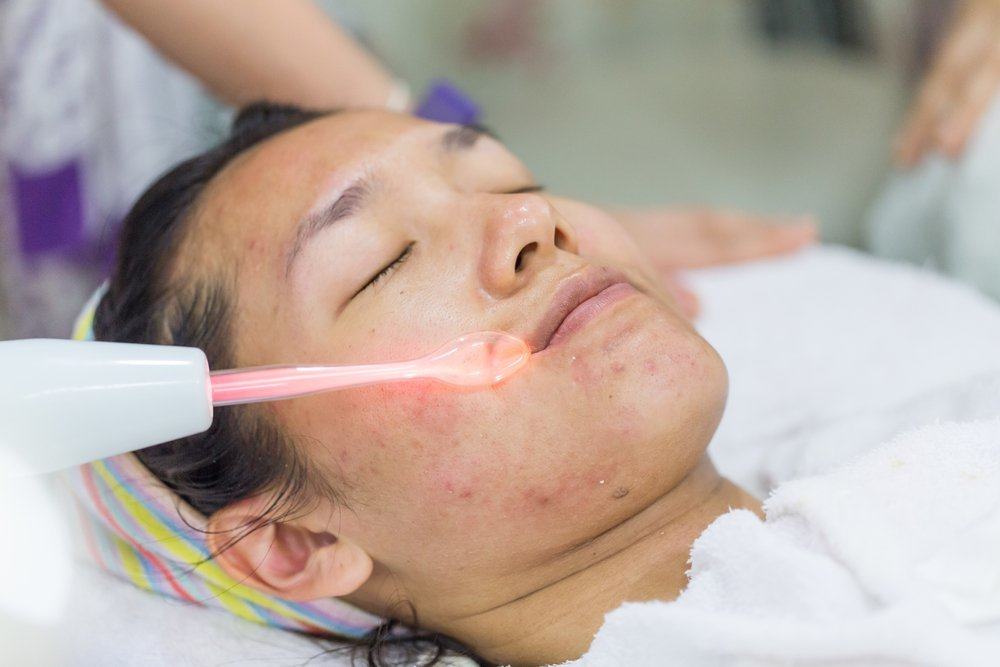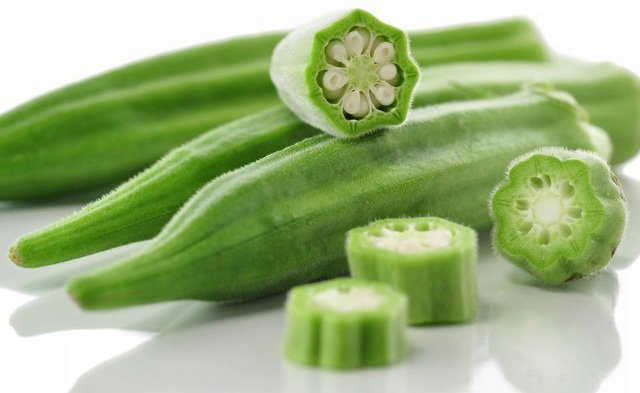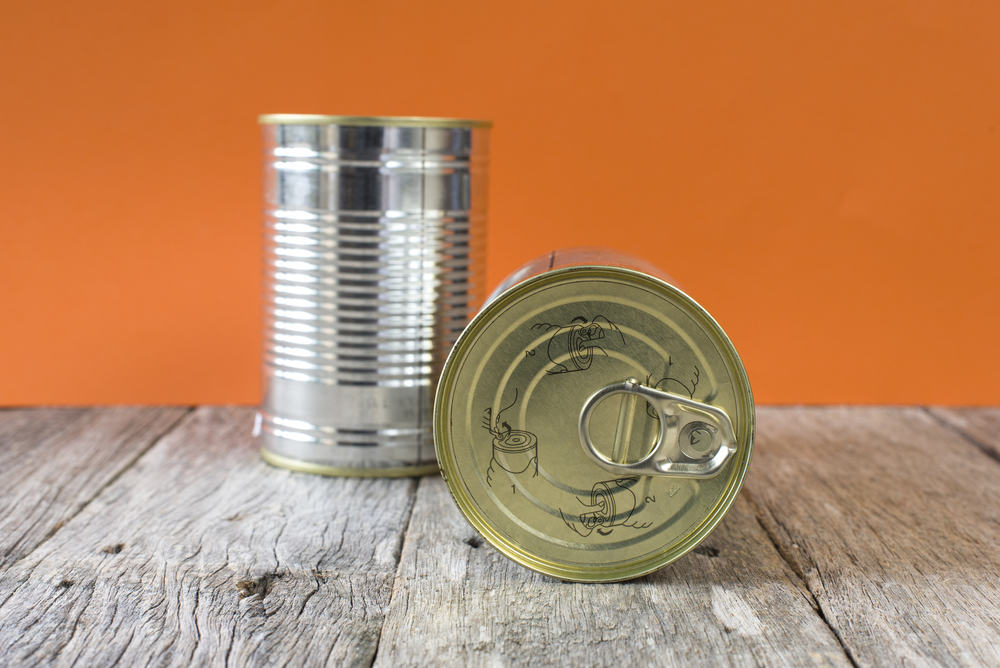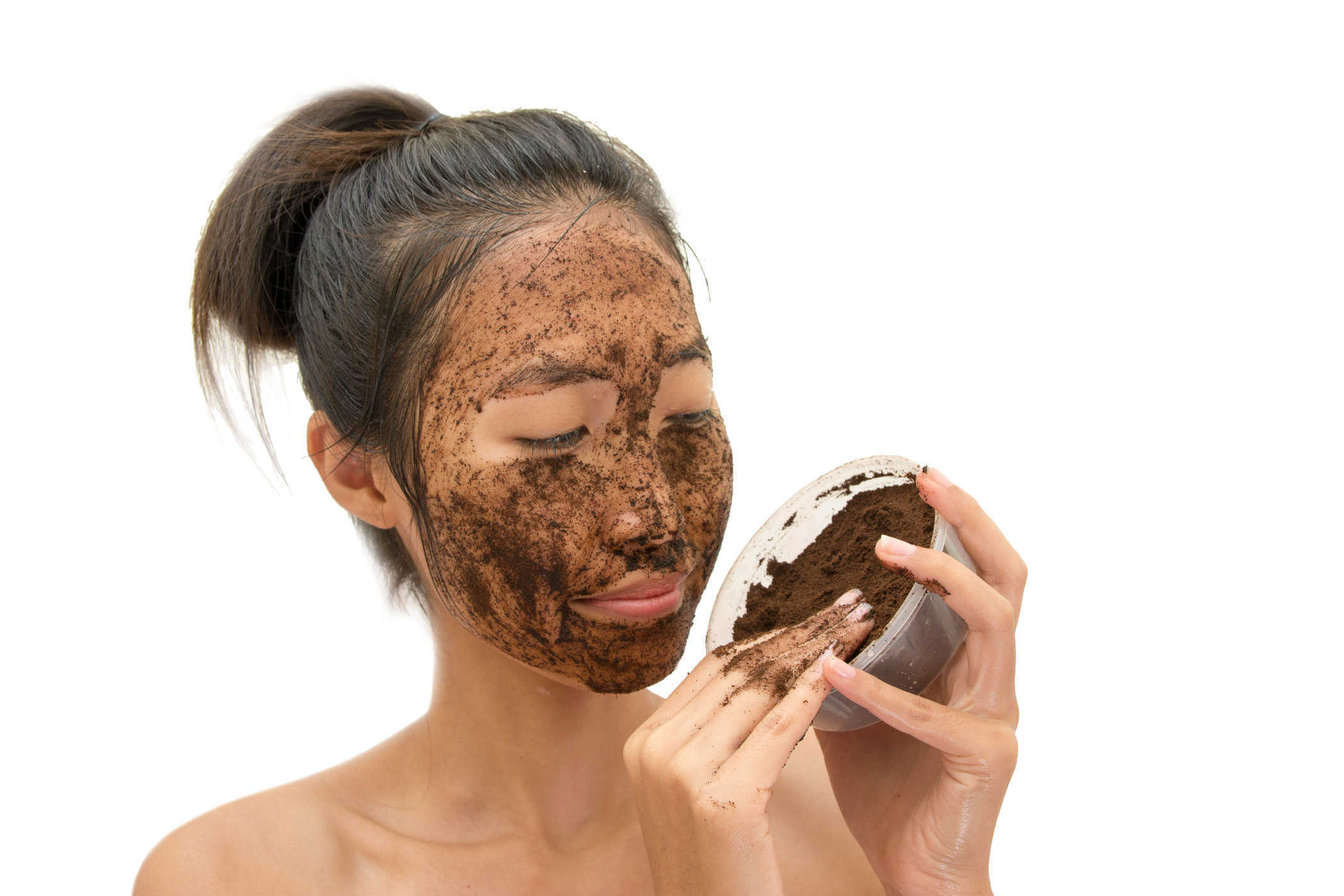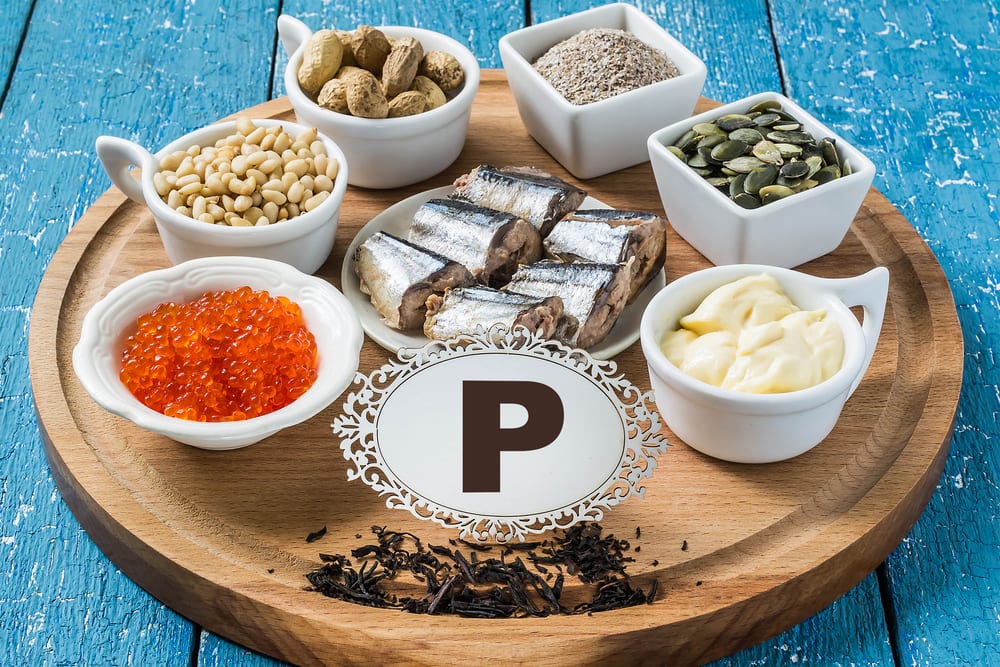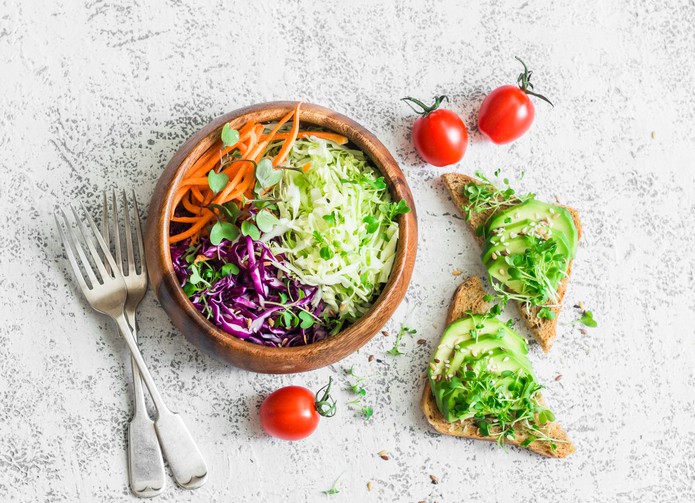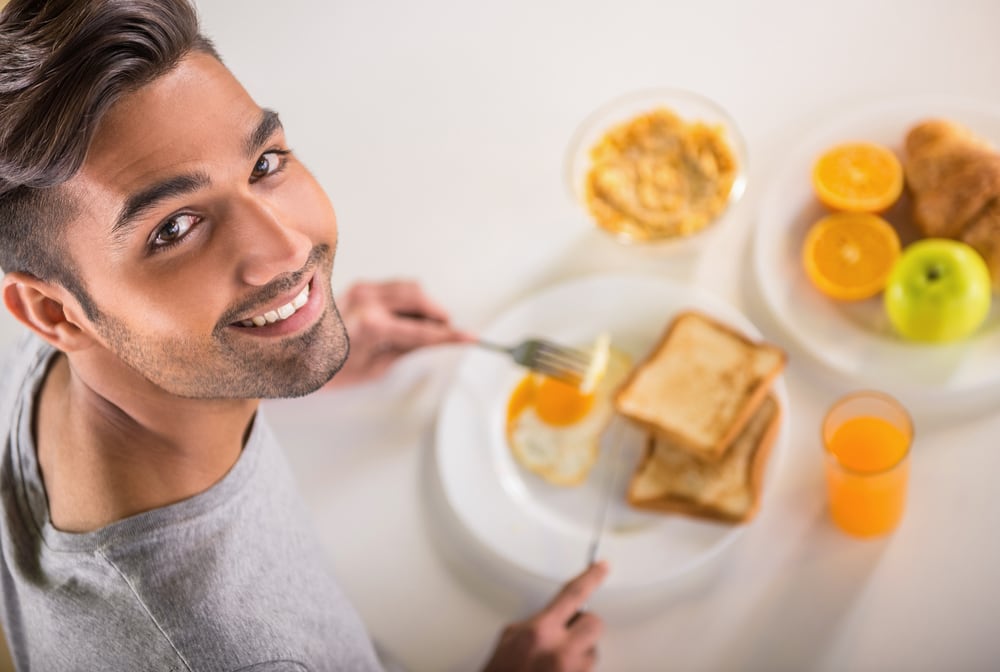Contents:
- Medical Video: Tim Tebow Explains How The Keto Diet Breaks Down Fat
- Overview of endometriosis
- The best food recommendations for endometriosis are ...
- 1. Fiber
- 2. Iron
- 2. Omega-3 fatty acids
- 3. Antioxidants
- Foods for endometriosis that must be avoided
Medical Video: Tim Tebow Explains How The Keto Diet Breaks Down Fat
Endometriosis is a condition that is commonly experiencedwomen aged 30-40 years, although it can actually be experienced by women of any age. One way that can be done to prevent and overcome the symptoms of endometriosis is to pay attention to the intake of food consumed daily. So, what are the food intake for endometriosis that is either consumed or which should be avoided? Know the answers in this article.
Overview of endometriosis
Endometriosis is an abnormal condition of thickening of the uterine wall tissue (endometrium). Normally, the uterine wall tissue will only thicken before ovulation to prepare yourself so that the prospective fetus can attach to the uterus - if fertilization occurs. But if there is no fertilization, the endometrium that has thickened will decay into blood. That's when your menstruation starts.
In the case of endometriosis, the persistent thickening will irritate the surrounding tissue, causing inflammation, cysts, scar tissue, and ultimately symptoms. Busually, endometriosis causes tremendous pain during menstruation. In addition, some women also complain of pain when defecating, urinating, or during intercourse. In serious cases, endometriosis can also inhibit pregnancy and sterility.
The best food recommendations for endometriosis are ...
In addition to treatment therapy, it is important for you to pay attention to food intake that will be consumed daily. Because the right food intake can help overcome inflammation and pain caused by endometriosis. The following are some foods for endometriosis that are highly recommended, namely:
1. Fiber
Fiber-rich foods help smooth the digestive system. Foods high in fiber also help relieve flatulence during menstruation. High-fiber foods that must be in your diet include apples, bananas, berries, avocados, broccoli, carrots, spinach, wheat (whole grain), red beans, and other types of beans.
2. Iron
Endometriosis causes you to experience heavy bleeding, making you lose a lot of iron. Now, to replace iron lost due to bleeding, you must eat iron-rich foods. Foods high in iron that are good for endometriosis arelean meat, fish, skinless chicken, green vegetables, apricots, eggs, milk and derivatives, wheat, kidney beans, almonds and cashews.
2. Omega-3 fatty acids
The anti-inflammatory properties of omega-3 fatty acids can help relieve symptoms of pain and pain due to endometriosis. Foods that are rich in omega fatty acids include salmon, tuna, sardines, cod, clams, chia seed oil, flaxseed oil, almond oil, and so on.
3. Antioxidants
Researchers have found that women with endometriosis tend not to get antioxidant intake from the foods they consume daily. Well, the best way to increase antioxidants in your diet is to eat more healthy vegetables and fruits. Foods high in antioxidants, especially vitamins A, C and E high, include sweet potatoes, beef liver, spinach, carrots, cantaloupe, mangoes, citrus fruits (such as oranges and lemons), and so on.
To ensure proper intake, you are advised to consult a doctor or nutritionist first to help plan dietary intake that suits your condition.
Foods for endometriosis that must be avoided
The following are various foods for endometriosis that need to be avoided, namely:
- Contains high trans fat. Research has shown that women who consume more trans fat have a higher risk of endometriosis. Trans fats are mostly contained in fried foods, processed foods, and fast food.
- Eat fatty red meat. Various studies suggest that women who consume too much red meat are more prone to endometriosis later on.
- Gluten. A study involving 207 women with endometriosis showed that as many as 75 percent of participants claimed to experience a decrease in pain after undergoing a gluten-free diet.
- Alcohol. Women who drink alcohol have a higher risk of endometriosis. In fact, among women who have infertility, the risk of endometriosis is actually 50 percent higher among women who drink alcohol than those who don't.
- Caffeine. According to research conducted by the Harvard School of Public Health, women who consume two cups or more copies per day, or four cups of caffeinated soft drinks per day, are twice as likely to develop endometriosis.

